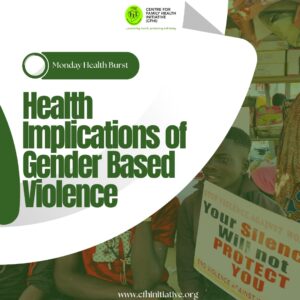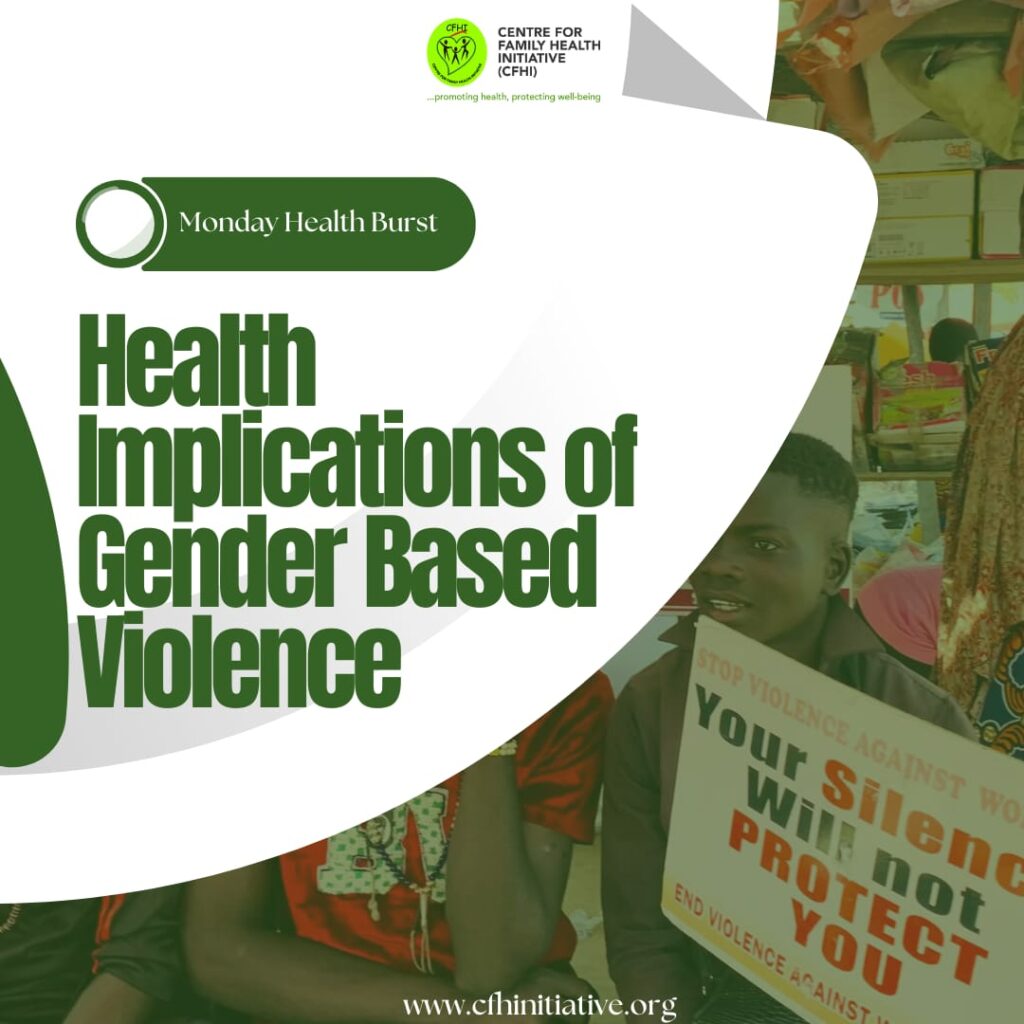Gender-Based Violence (GBV) is a grave human rights violation with profound and far-reaching effects on the health and well-being of individuals and communities. It manifests in various forms, including physical, sexual, psychological, and economic harm, stemming from entrenched gender norms and power imbalances. The impact of GBV extends beyond the immediate survivors, affecting public health systems, economic productivity, and societal stability.
The physical consequences of GBV are often severe and enduring. Survivors frequently suffer injuries such as fractures, bruises, burns, and, in cases of sexual violence, sexually transmitted infections, unintended pregnancies, and complications like pelvic inflammatory disease and chronic pain. For pregnant women, GBV can lead to miscarriage, preterm labor, and low birth weight, posing risks to both maternal and child health. These physical effects often require extensive medical attention, straining healthcare resources.
An illustrative example is an intervention by the Centre for Family Health Initiative (CFHI), where a maid who was molested by her caregiver suffered severe damage to her genital organs. CFHI provided critical medical assistance, ensuring she received treatment until her full recovery. This case highlights the physical devastation of GBV and the vital role of timely medical intervention in mitigating long-term harm.
The psychological toll of GBV is equally devastating. Survivors commonly experience anxiety, depression, post-traumatic stress disorder (PTSD), and, in many cases, suicidal thoughts or behaviors. The trauma inflicted by abuse often disrupts cognitive and emotional functioning, leading to difficulties in personal relationships, social interactions, and daily activities. For children exposed to GBV, the consequences are particularly alarming, as they may develop behavioral problems, emotional distress, and long-term mental health challenges that can persist into adulthood.
In addition to mental health impacts, GBV has dire effects on reproductive and sexual health. Survivors of sexual violence face heightened risks of infections, including HIV/AIDS, as well as unintended pregnancies and complications from unsafe abortions. The stigma associated with such violence often deters survivors from seeking necessary medical attention, exacerbating health problems, and deepening feelings of isolation and shame.
Beyond individual health outcomes, the public health implications of GBV are vast. Healthcare systems are often overwhelmed by the demand for services, including medical treatment and psychological support for survivors. Maternal mortality rates, the spread of sexually transmitted infections, and the intergenerational transmission of trauma further strain public health infrastructures.
The societal and economic costs of GBV are equally alarming. Survivors may lose their livelihoods due to physical or psychological impairments, contributing to decreased productivity and financial instability. This not only affects individuals and their families but also undermines national development, perpetuating cycles of poverty and inequality. The economic burden of GBV, which includes healthcare costs, legal expenses, and lost workforce participation, highlights the urgency of addressing this pervasive issue.
To mitigate the impact of GBV, a multifaceted approach is essential. Governments must enforce robust legal frameworks to protect survivors and prosecute perpetrators, while healthcare providers must integrate GBV screening and survivor-centered care into their services. Community-level interventions are critical for challenging harmful gender norms and fostering awareness, creating an environment where GBV is recognized and condemned. Providing accessible support systems, such as counseling, safe shelters, and legal aid, is equally vital to helping survivors rebuild their lives.
The health impacts of GBV underscore its significance as a public health crisis that requires immediate and sustained action. Addressing the root causes of GBV and providing comprehensive care for survivors is not just a moral imperative but a societal necessity. By prioritizing the fight against GBV, societies can promote health, equality, and well-being for all, paving the way for a more just and equitable future.
Reference:
Gender based violence is a public health issue: using a health systems approach


